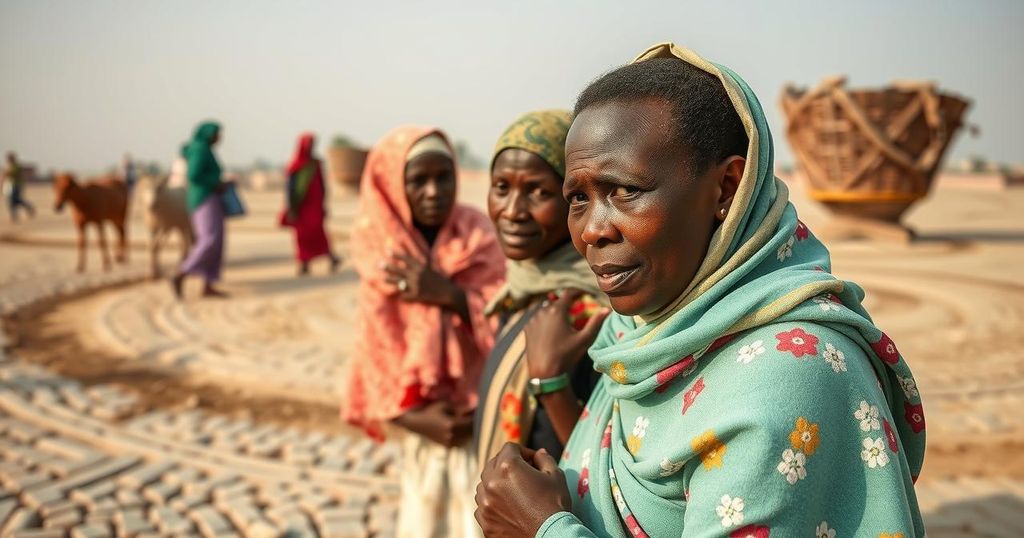Gendered Impacts of Climate Change on Pastoralist Migration in Northern Senegal

The study investigates how climate change influences migration among pastoralist herders in northern Senegal, particularly focusing on the gendered impacts of these migrations. By analyzing mobility from the Ferlo Reserve to Kédougou, it explores the adaptation strategies of male herders and their effects on women who stay behind. Utilizing qualitative data from interviews and focus groups, the research provides essential insights to inform gender-sensitive adaptation strategies in the context of climate variability.
This case study examines the influence of climate change on the migration decisions of pastoralist herders in northern Senegal. It highlights how climate variability affects mobility patterns, particularly for herders from the Ferlo Reserve who migrate southward to the Kédougou region. The research adopts a gendered perspective, focusing on the ways in which male herders adapt to environmental changes through migration, and the implications this has for the women left behind. Employing qualitative methodologies, including semi-structured interviews and focus groups with 133 participants, it provides insights into the challenges and adaptation strategies employed by herders in both their native and migrant locales. By capturing the dual dynamics of climate mobility and immobility, the study aims to inform policy responses that are attuned to the differentiated impacts of environmental change on various genders and promote sustainable adaptation strategies.
Senegal is experiencing notable shifts in climate patterns, leading to significant alterations in agricultural and pastoral activities. Herders in northern Senegal, particularly within the Ferlo Reserve, face increasing climate variability that directly affects their livelihood and migration practices. This study is set against the backdrop of these environmental challenges, aiming to investigate migration behaviors and adaptation mechanisms employed by pastoralists in response to climate-linked stressors. The focus on gender dynamics is crucial, given that migration decisions often disproportionately affect men and women differently across various cultural and socio-economic contexts.
In conclusion, this research highlights the complex interplay between climate change and migration among pastoralist communities in Senegal. By examining herders’ adaptive strategies through a gender lens, it reveals significant implications for both male migrants and the women who remain in the villages. The findings underscore the need for gender-responsive adaptation strategies to effectively address the unique challenges posed by climate variations, ensuring that policies enhance resilience for both men and women experiencing the impacts of climate change.
Original Source: reliefweb.int






